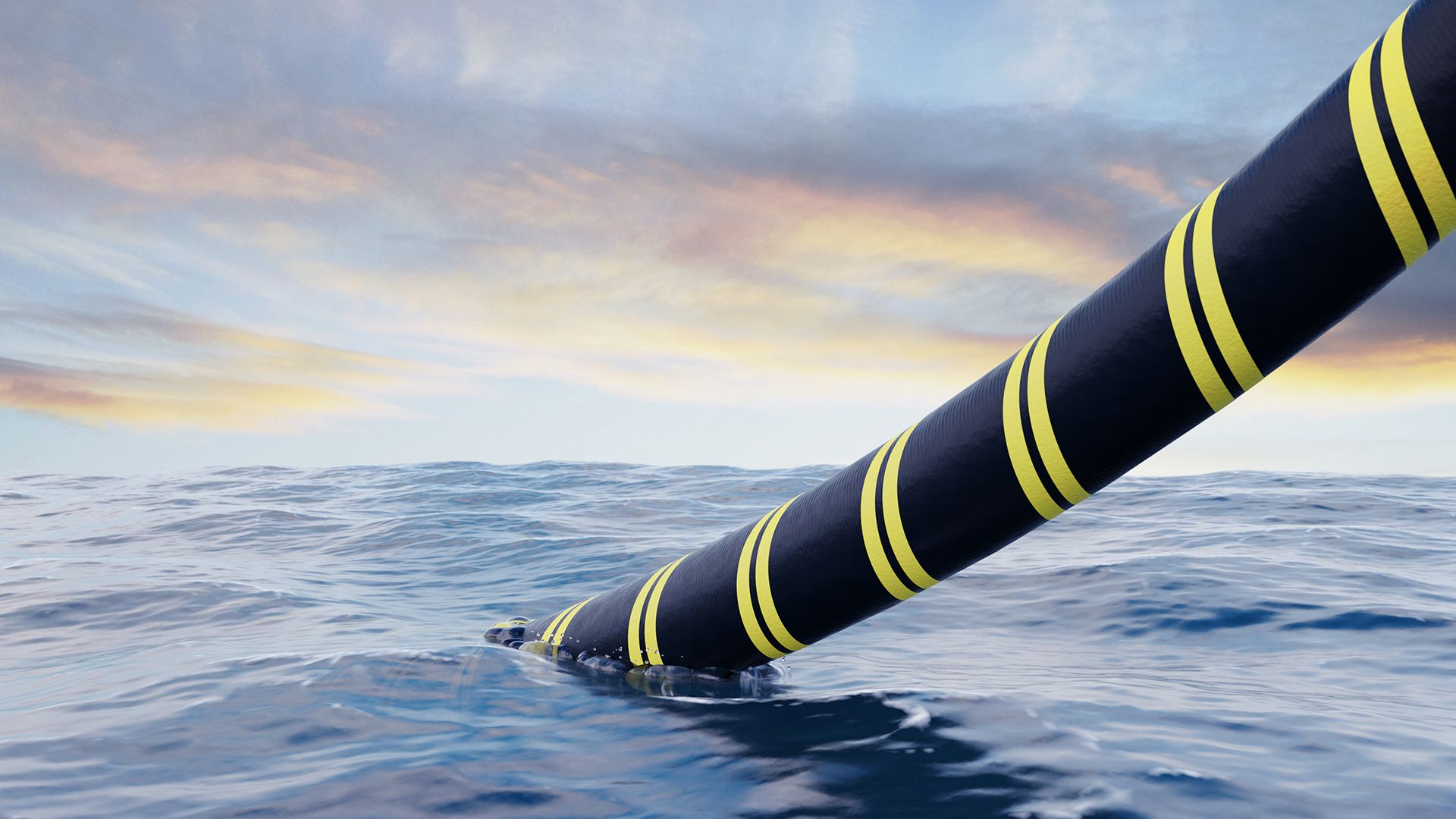Facebook to build world’s longest subsea cable at $28,000 miles

Facebook has announced on Tuesday that it will extend its 2Africa cable to over 45,000 kilometers with the addition of nine landings collectively dubbed the 2Africa Pearls. This subsea cable is expected to connect three continents – Africa, Europe, and Asia.
According to the social media giant, the extension will see 2Africa become the longest subsea cable system in the world upon completion. This will beat the current record set by the SEA-ME-WE 3 line that stretches 39,000 km and connects 33 countries across South East Asia, Middle East, and Western Europe.
The continued investment in subsea cables is part of Facebook’s efforts to bring more people online. Initially, the internet giant centered on providing affordable internet to Africa’s population of about 1.2 billion people. The plan morphed with the consortium opting to lay 37,000 km (22,990 miles) of cables connecting 23 counties in Africa, the Middle East, and Europe.
In September, Facebook announced that it will increase the number of countries to 26, including Seychelles, the Comoros Islands, Angola, and Southern Nigeria. The new branches joined the extension to the Canary Islands (not a country) back in June.
Facebook to add four new branches to its 2Africa undersea cable network
The 2Africa Pearls branch includes new locations connecting terrestrially through Egypt — Bahrain, India, Iraq, Kuwait, Oman, Pakistan, Qatar, Saudi Arabia, and the UAE.
2Africa consortium still comprises China Mobile International, Facebook, MTN Global Connect, Orange, STC, Telecom Egypt, Vodafone, and WIOCC. As with the previous extension last month, they selected Nokia’s Alcatel Submarine Networks (ASN) to deploy the nine branches.
However, there wasn’t any update from the consortium as to when they will finalize the subsea cable construction despite the latest development. But judging by previous announcements, we should still expect Facebook and the group of telcos to maintain the set date of late 2023 to early 2024.